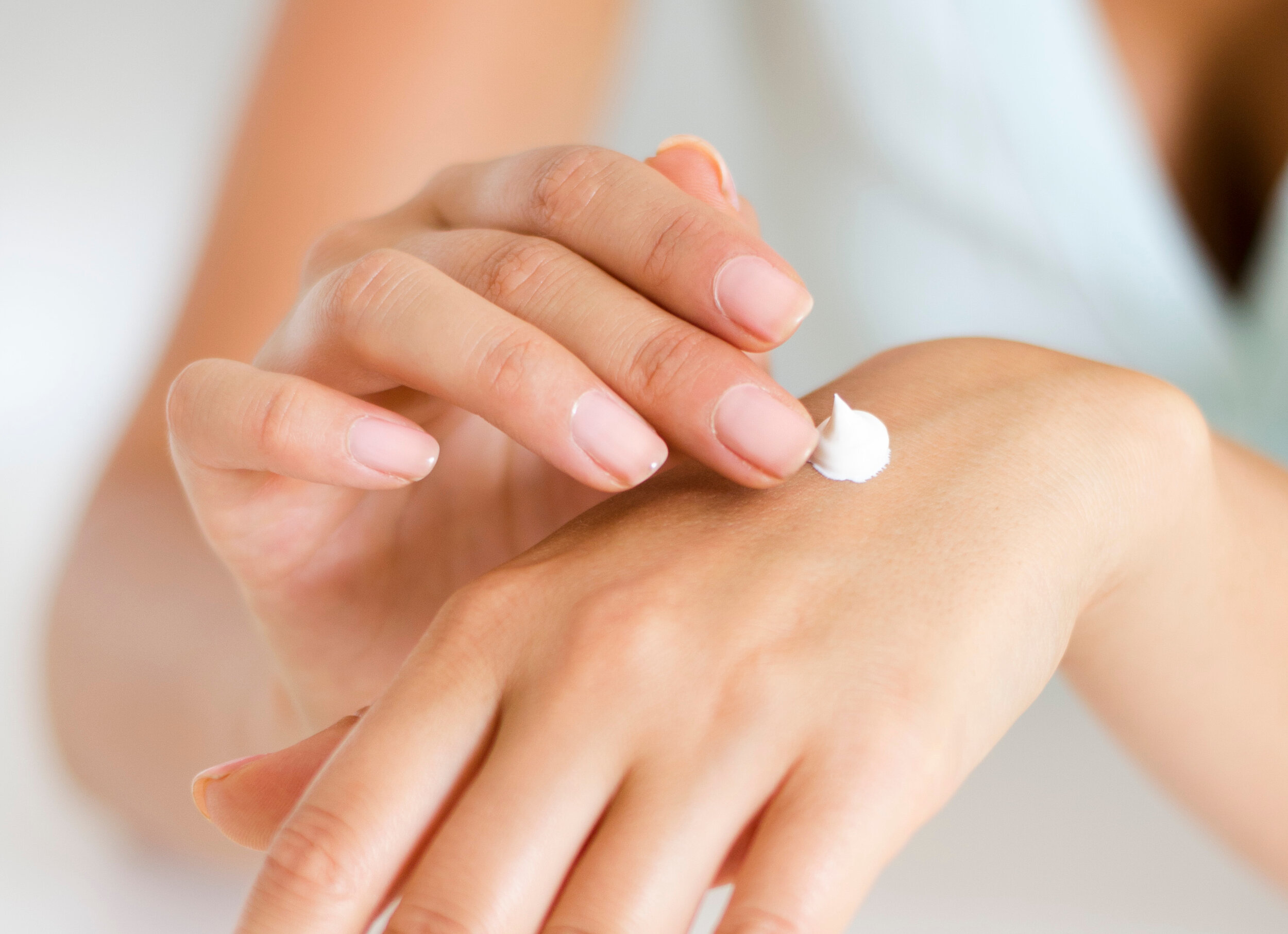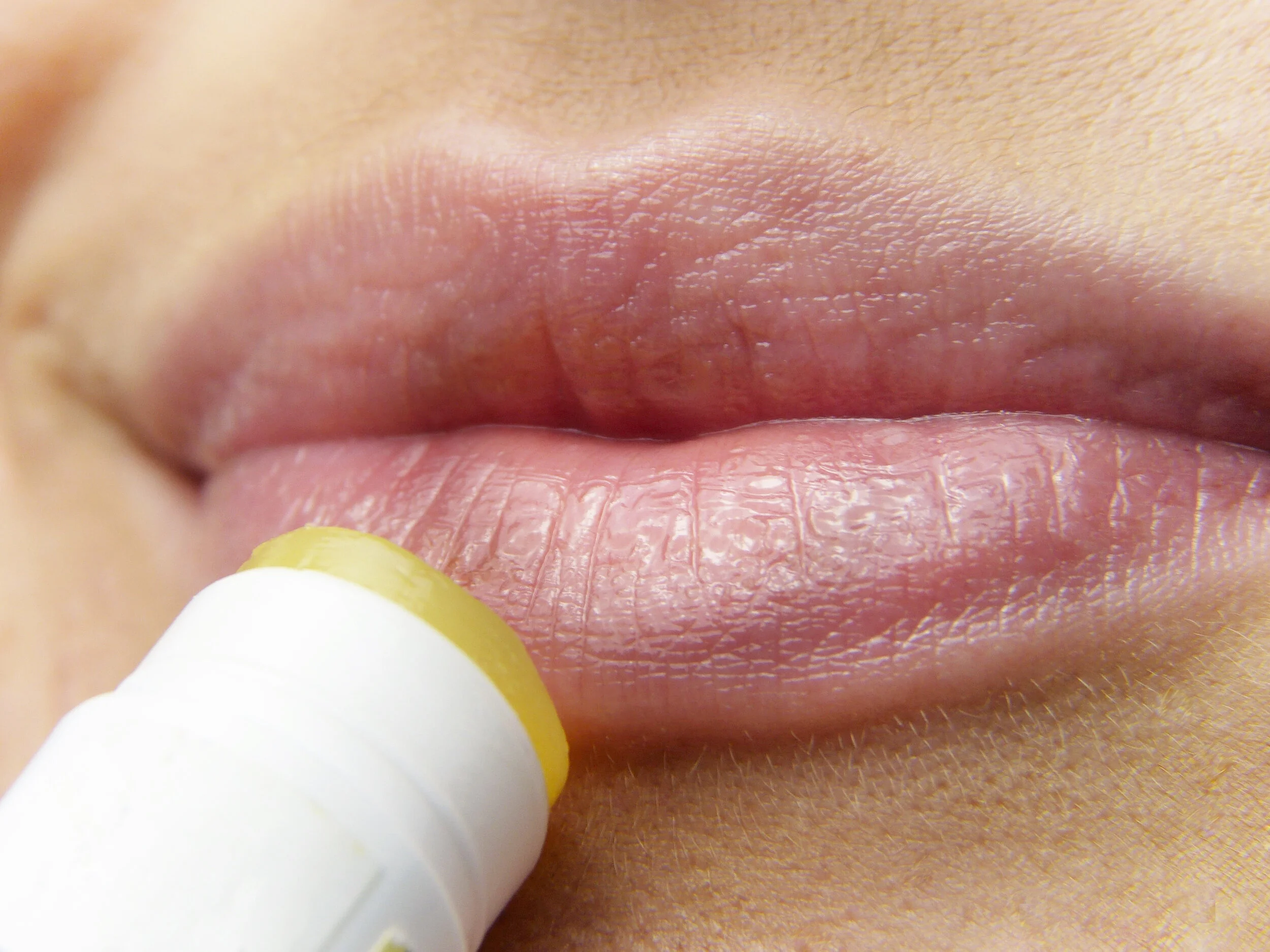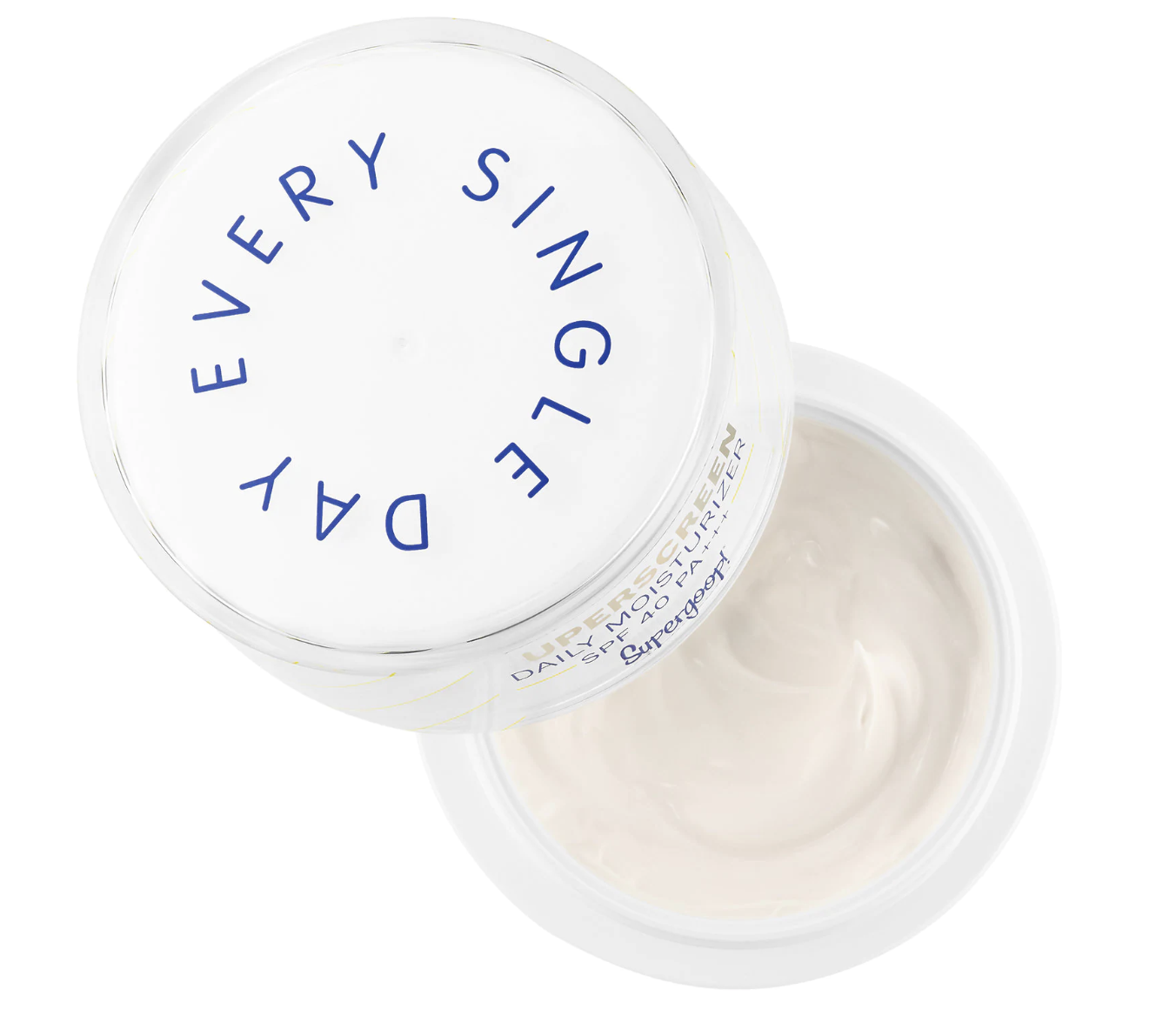Why Beauty Brands Need to Stop Claiming Their Products Are "Chemical-Free"
Photo by Linda Prebreza
You know how, in Gmail, you can set filters to categorize the emails you receive based on things like who sent them, how large the attachments are, and certain words in the subject line? As a beauty editor, this truly comes in handy — I can see all the latest K-beauty launches in one convenient folder, keep my colleagues flagged as VIPs, and, most recently, send any product pitch that mentions the phrase “chemical-free” directly into the trash.
I receive an unbelievable amount of pitches about beauty products every single day, but it’s the amount of emails touting the products in question as “chemical-free” that’s truly unbelievable. That’s because the phrase “chemical-free” is literally unbelievable. It’s impossible. Nothing — not a single beauty product — is chemical-free.
I’ll let Stephen Alain Ko, cosmetic formulator and person you should definitely be following on Instagram, explain.
"A chemical is defined as ‘a form of matter having constant chemical composition and characteristic properties.’ Nothing marketed as ‘chemical-free’ is actually free of chemicals. Even the purest water is still a chemical, consisting of two hydrogen atoms attached to an oxygen atom. This forms the chemical we call water,” he says.
That’s right — you’re drinking and bathing in chemicals every day. Because you don’t have another option. Everything is made of chemicals.
OK, not everything.
“Energy isn't a chemical, so light treatments like LED or laser treatments are chemical-free,” Stephen says. “But the devices used to create the light or energy are made up of chemicals, and so are what they target: chemicals in our skin — our skin is also made up of chemicals."
And when we tell you that your water and skin are made up of chemicals, it’s not that they’ve been infested with some scary, multisyllabic poisons. You are naturally made of chemicals. Everything you can touch and some things you can’t even see but need to survive are made of chemicals.
“Even if the container you bought was empty, disregarding the fact that the container — whether it's glass, plastic, paper, or bamboo — is made up of chemicals, the air inside is still a chemical. Oxygen, nitrogen, and other gases,” Stephen says.
Allow me to repeat something I said a paragraph ago: You are naturally made of chemicals. Because all natural things are made of chemicals. You are made of natural chemicals, which is not an oxymoron. But if you were to believe some of the marketing language from “natural” beauty brands, you’d think chemical is the opposite of natural. Nope. The opposite of natural is synthetic.
That said, even if brands started more accurately claiming that their products are free of synthetic ingredients, they aren’t actually promising you anything along the lines of safety or efficacy. Simply put, you cannot know the safety and efficacy of an ingredient if the only thing you know about it is that it’s natural or synthetic. Both nature and labs are capable of producing safe and effective ingredients as well as dangerous crapola. Poison ivy is natural, but I sure as hell don’t want it in my moisturizer. And just because you can’t pronounce a chemical compound’s scientific nomenclature doesn’t mean it’s harmful.
If I may make something perfectly clear: I am not against natural beauty products. There are many products marketed as “natural” that I happen to love. What I’m against is the spreading of misinformation and willful ignorance about science (and the freaking definitions of words) for the purpose of making money off of people’s fear and unawareness.
If you’re wondering how beauty brands can get away with saying their products are chemical-free, it’s because there’s no official, government-run approval process that prevents this kind of marketing language. Brands can scream this misnomer from the rooftops (which are made of chemicals, by the way) as much as they want. And the same goes for the words natural and organic.
See, cosmetics are FDA-regulated — to a point. “FDA has not defined the term ‘natural’ and has not established a regulatory definition for this term in cosmetic labeling,” says the U.S. Food & Drug Administration of its own policies. Furthermore, “FDA also does not have regulations for the term ‘organic’ for cosmetics.”
Know what else the FDA says? “Choosing ingredients from sources you consider ‘organic’ or ‘natural’ is no guarantee that they are safe.” Know what they don’t say? Anything about the phrase “chemical-free” — probably because they assume everyone knows that everything is made of chemicals and therefore it doesn’t need to be addressed. Oh, how I wish that were true.
Unfortunately, even if I could somehow put a stop to the use of “chemical-free,” the fight for scientifically accurate, non-misleading marketing terminology would not be over. Clean is another doozy — everyone has a different set of standards for what “clean” is supposed to mean in the context of beauty-product formulations, and those standards, from what I’ve seen, are coming from a place of medically flimsy fear-mongering more often than proven science.
But I can’t set a Gmail filter for “clean” because I’d miss all the face wash pitches.









